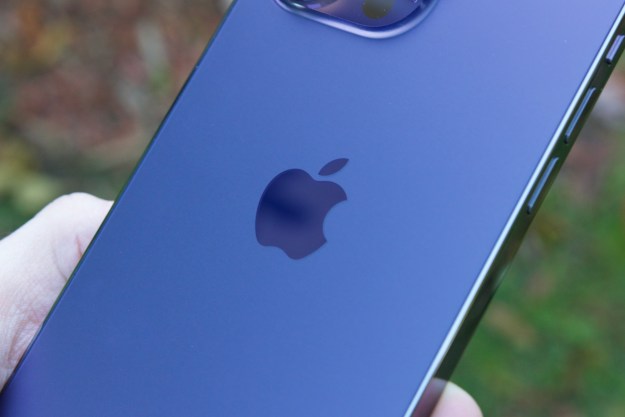If you’ve been meaning to take advantage of Apple’s deal on a replacement iPhone battery, then you’d better hurry. It only has a week left to run.
The Cupertino, California-based company slashed the cost of its iPhone battery replacement service after admitting last year that it deliberately slowed down some of its handsets to stabilize performance as the battery ages.
But Apple plans to revise the cost upward at the start of 2019.
This means that from January 1, a battery replacement for the iPhone XS, iPhone XS Max, iPhone XR, and iPhone X will cost $69. For all other eligible iPhones, which include the iPhone SE, iPhone 6 and later, the fee will increase from the current $29 to $49. Before Apple cut the cost of replacing a battery, a new one cost $79.
To find out if your iPhone needs a new battery, open the Battery Health tool in your handset’s settings. As its name suggests, Battery Health tells you the condition of your battery. Digital Trends has put together this handy battery health guide to help you interpret the various messages you might see. The feature also lets you disable Apple’s performance management system, though if you do so, your iPhone may sometimes shut down without warning, depending on the condition of the battery. Apple recommends replacing an iPhone battery once its capacity falls below 80 percent.
If the iPhone is in warranty or part of AppleCare+, your iPhone battery can be replaced free of charge. If you’re not sure if you have AppleCare+ coverage, enter your iPhone’s serial number on this Apple webpage to find out.
Replacements can be carried out at an Apple Store — you may have to book ahead — or at one of its authorized service locations. You can also mail your phone to one of Apple’s repair centers. Full details are available on the company’s support site.
Many iPhone owners were as surprised as they were peeved that Apple had failed to notify them that it was slowing down some handsets when it began the practice via a software update issued in 2016.
Some claimed Apple’s actions were a deliberate move to frustrate owners with slowed-down phones to encourage them to upgrade to a newer iPhone, a strategy known as planned obsolescence.
But the tech colossus has always insisted its actions were aimed at benefiting users by reducing instances of sudden shutdowns caused by batteries that were past their best. To try to settle the dispute, Apple agreed to slash the cost of battery replacements for the whole of 2018.
Editors' Recommendations
- One of the most iconic iPhone accessories is back — and it’s great
- This one Apple Fitness feature completely changed how I exercise
- An Apple insider just revealed how iOS 18’s AI features will work
- Here’s how Apple could change your iPhone forever
- This one thing could make iOS 18 the best iPhone update in years


